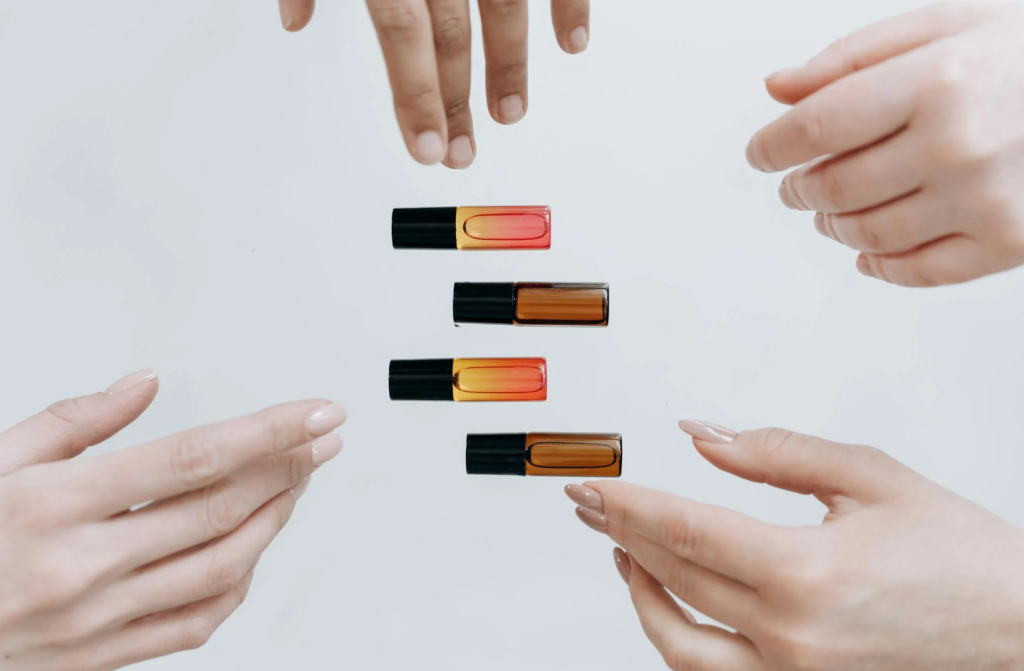Introduction to Skincare Ingredients
Skincare is more than just a daily routine; it’s a science! The ingredients in your products play a crucial role in achieving that radiant glow we all desire. But with so many options on the market, how do you know which ingredients are worth your attention? Let’s dive into the world of skincare ingredients and uncover the essentials you should know.
Why Ingredients Matter
Think of your skin as a canvas. Just like a painter selects the best colors for their masterpiece, choosing the right skincare ingredients can dramatically affect your skin’s health and appearance. Each ingredient has a unique function, whether it’s hydration, anti-aging, or combating acne. Understanding these ingredients helps you make informed choices, tailoring your skincare regimen to meet your specific needs.
Key Ingredients in Skincare
Hyaluronic Acid
Hyaluronic acid is like a tall drink of water for your skin. This powerful humectant draws moisture from the environment and locks it into the skin, keeping it plump and hydrated.
Benefits of Hyaluronic Acid
- Deep Hydration: It can hold up to 1000 times its weight in water!
- Smooth Texture: Helps reduce the appearance of fine lines and wrinkles.
- Suitable for All Skin Types: Whether you have oily, dry, or combination skin, hyaluronic acid is your friend.
Retinol
Retinol, a derivative of vitamin A, is often hailed as a powerhouse in skincare. It encourages cell turnover, making it a favorite for those seeking youthful, glowing skin.
Retinol for Anti-Aging
- Reduces Wrinkles: Helps diminish the appearance of fine lines.
- Improves Skin Tone: Promotes an even complexion and reduces hyperpigmentation.
- Boosts Collagen Production: Strengthens skin structure, making it firmer.
Vitamin C
Vitamin C is your go-to ingredient for that bright, fresh-faced look. This antioxidant not only fights free radicals but also helps with collagen synthesis.
Brightening Effects
- Evens Skin Tone: Reduces dark spots and hyperpigmentation.
- Enhances Radiance: Leaves the skin looking vibrant and healthy.
- Protects Against UV Damage: While it shouldn’t replace sunscreen, it offers additional protection.
Niacinamide
Niacinamide, or vitamin B3, is a versatile ingredient that can address a variety of skin concerns.
Balancing Oily Skin
- Reduces Oil Production: Helps control sebum, making it great for oily and acne-prone skin.
- Improves Skin Barrier: Strengthens the skin’s natural barrier, reducing sensitivity.
- Minimizes Pores: Helps in refining skin texture.
Salicylic Acid
Salicylic acid is a beta-hydroxy acid (BHA) that penetrates deep into the pores, making it an effective treatment for acne.
Acne Treatment
- Exfoliates Inside the Pores: Unclogs pores, preventing breakouts.
- Reduces Inflammation: Soothes redness and swelling associated with acne.
- Prevents Future Breakouts: Regular use helps maintain clear skin.

Natural vs. Synthetic Ingredients
When it comes to skincare, the debate between natural and synthetic ingredients often arises.
Pros and Cons
- Natural Ingredients: Often perceived as safer and gentler, but can sometimes lead to allergic reactions.
- Synthetic Ingredients: Typically more effective in targeted treatments but may irritate sensitive skin.
The Role of pH in Skincare
The pH of your skincare products can significantly impact your skin’s health. Ideally, your skin’s pH should be around 5.5. Products that are too alkaline can disrupt your skin barrier, leading to dryness and irritation.
How to Read Ingredient Labels
Understanding how to read ingredient labels is crucial for making informed choices about your skincare products.
Order of Ingredients
Ingredients are listed in descending order by their concentration. The first few ingredients make up the majority of the product, so pay close attention to them!
Conclusion
Navigating the world of skincare ingredients can be overwhelming, but it doesn’t have to be. By familiarizing yourself with key ingredients and their benefits, you can create a skincare routine that works for you. Remember, healthy skin starts with informed choices!
FAQs
- What is the best ingredient for dry skin?
- Hyaluronic acid is excellent for hydrating dry skin.
- Can I use retinol every day?
- It’s best to start slowly, using it a few times a week to avoid irritation.
- How do I know if a product is safe for my skin?
- Look for products free of harsh chemicals and known irritants. Patch testing is also a good practice.
- Are natural ingredients always better?
- Not necessarily; effectiveness can vary. It’s essential to consider your skin type and concerns.
- What should I look for in an acne treatment?
- Ingredients like salicylic acid and benzoyl peroxide are effective for treating acne.
If you have any further questions or need more information, feel free to ask!

